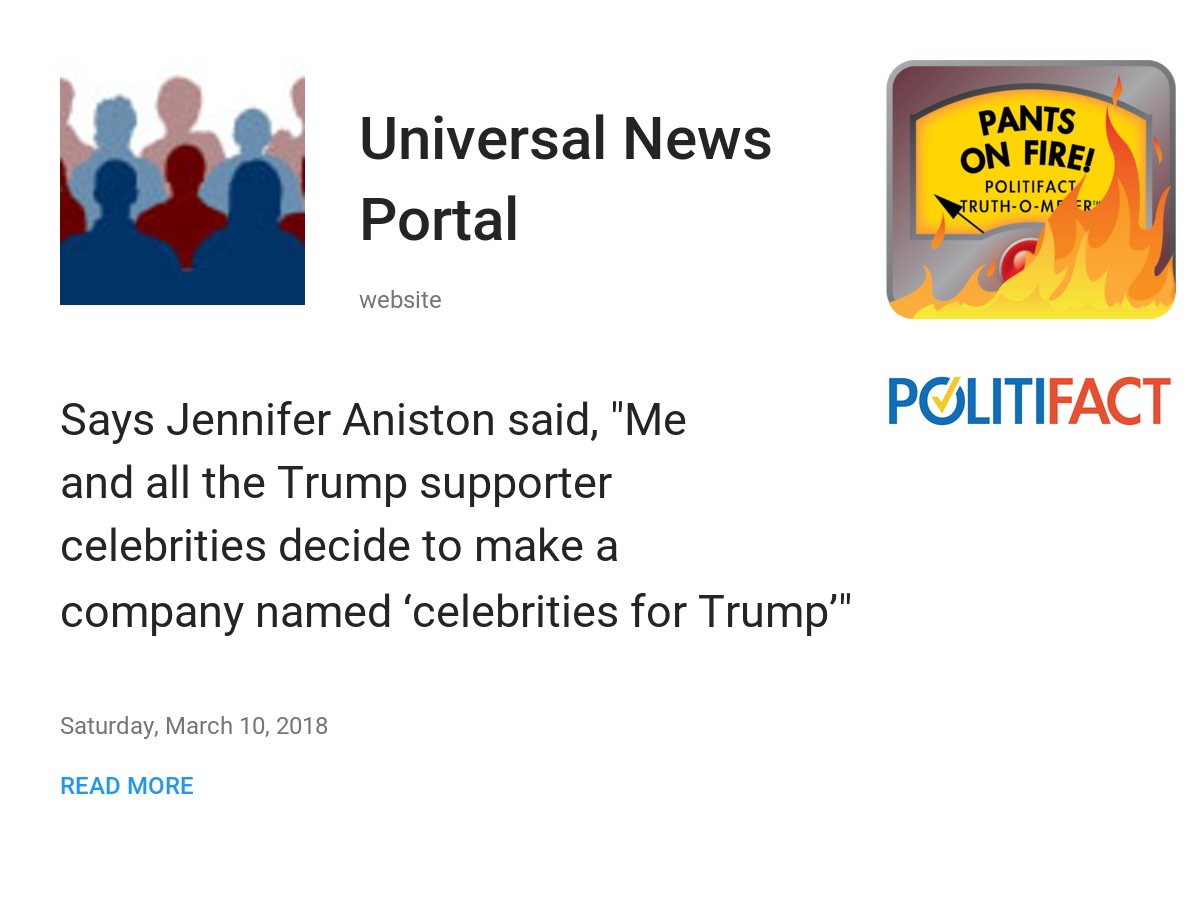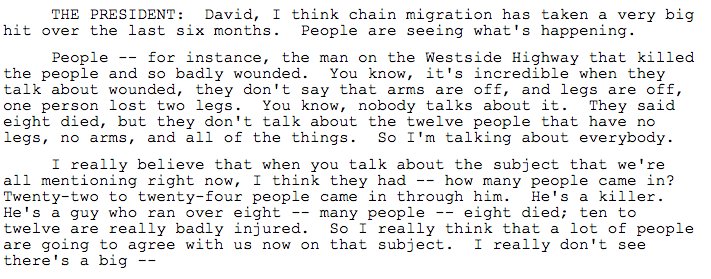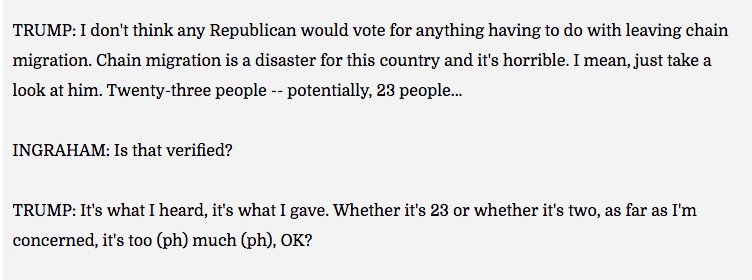regarded with suspicion by some loud voices on the left
This is precisely the dismissive, arrogant attitude toward progressive critics that Bennet has. What a coincidence.
And guess what? The progressive critique goes far beyond the two incidents Harris describes next. In fact, Quinn Norton had a lot of support from the left.
See, i.e.:
Six ways the New York Times could genuinely make its op-ed page more representative of America by @ZaidJilani
The @nytimes’s newest op-ed hire, Bari Weiss, embodies its worst failings by @ggreenwald
New York Times promises truth and diversity, then hires climate-denying anti-Arab white guy by @ZaidJilani
 </a>
</a>



 . which he once
. which he once 